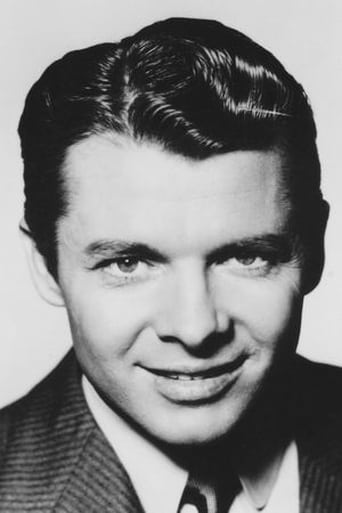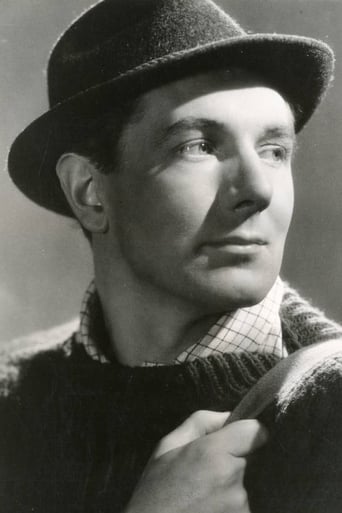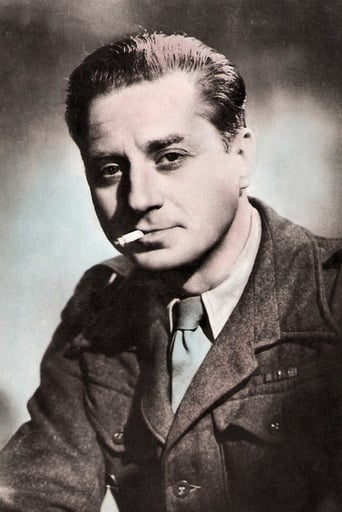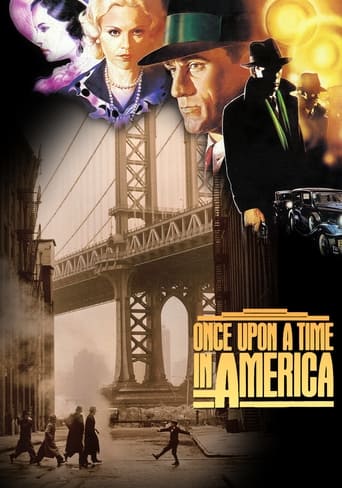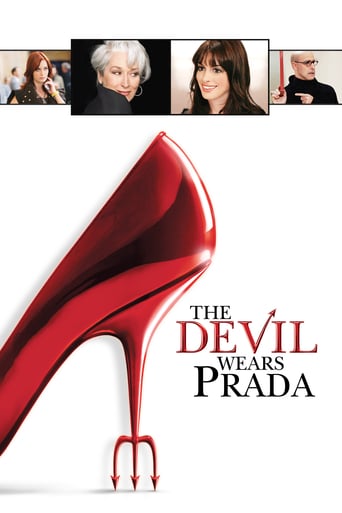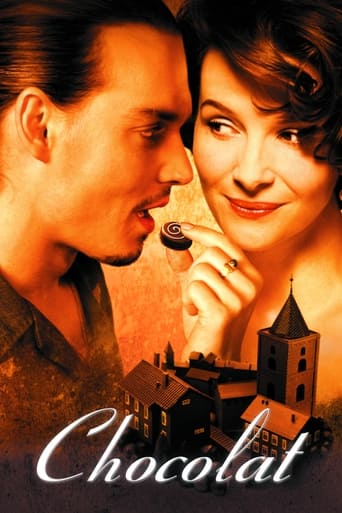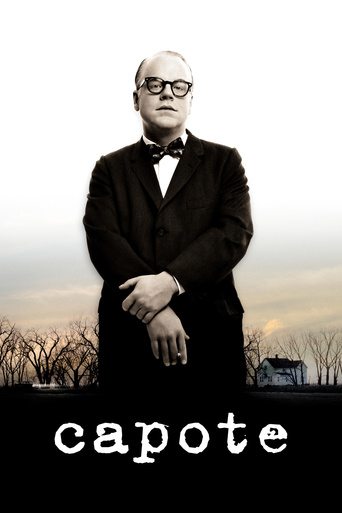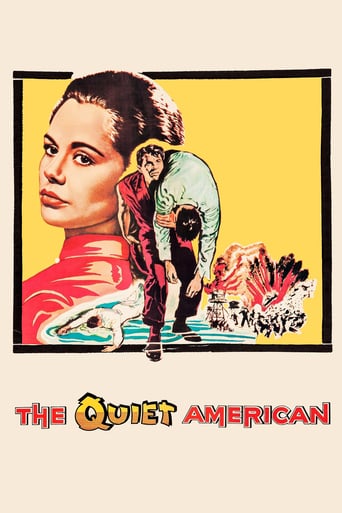
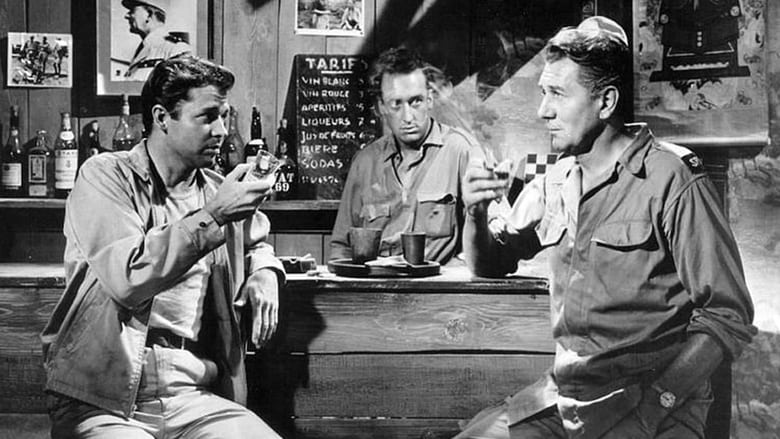
The Quiet American (1958)
Cynical British journalist Fowler falls in love with a young Vietnamese woman but is dismayed when a naïve U.S. official also begins vying for her attention. In retaliation, Fowler informs the communists that the American is selling arms to their enemy.
Watch Trailer
Cast


Similar titles
Reviews
I love this movie so much
hyped garbage
When a movie has you begging for it to end not even half way through it's pure crap. We've all seen this movie and this characters millions of times, nothing new in it. Don't waste your time.
Exactly the movie you think it is, but not the movie you want it to be.
Fascinating and emotive political/drama /thriller set during Vietnam war with intervention of France and US . It boasts a very good cast such as Audie Murphy as the American , Michael Redgrave as Thomas Fowler , Bruce Cabot and Claude Dauphin as Inspector Vigot . It is Saigon set , at the time of Chinese New year 1952 . There was an emperor who ruled by permission of France to whom it belonged and 300 miles to the North of Saigon , both the emperor and the French were fighting a war against a communist army . But at war or in peace Chinese New Year was a time to forgive one's enemies square accountants with one's God and creditors and to rejoice is a world that , for two days , night be considered a happy one . Entertaining as well as taut picture dealing with a central romance along with thrills , political details and warlike deeds about Vietnam versus France conflicts . A young naive American named Alden Pyle (Audie Murphy) and a cynical older British journalist called Fowler (Michael Redgrave) disagree over politics in 1952 Vietnam and over a beautiful young native girl called Phuong (Giorgia Moll) . As a ¨quiet American¨ with dark secrets arrives in Saigon with his own plan to settle country's conflicts . As it's not clear whether Alden Pyle is just what he appears , as he seems to be an innocent young American opposite the older , intelligent Thomas Fowler . Eventually Fowler must confront moral conflicts and the relationship between Pyle and him reaches some problems connected with a Vietnamese General , at the same time the war and a political upheaval take place .Interesting first rendition of the Graham Greene novel including a love triangle , emotion , wartime events and many other things . The picture relies heavily on the love triangle between the ironical British reporter , his enticing mistress and the strange quiet American , but it doesn't boring , neither tiring and nor dull . Michael Redgrave is very good as a correspondent covering a conflict and finding himself becoming personally involved when he befriends an American who is not all that he seems to and also falling for a beautiful young Vietnamese , a mesmerizing Giorgia Moll . Audie Murphy gives a career-best acting as the title role . The movie has its touching moments found primarily in the superb performances from trio protagonist . The movie received many good reviews at various International Film Festivals , but other places was panned by critics . In fact , in Europe, director-writer Joseph L. Mankiewicz was savagely attacked for his film's infidelity to the source novel by Graham Greene, not least by Greene himself . The screenplay essentially turns the novel inside-out, so that the blundering "quiet American", whose extreme naiveté causes tragedies . The flick is dedicated to the people of the Republic of Vietnam , to their chosen President and administrators , wishing our appreciation for their help and kindness . The picture contains an adequate and evocative musical score by Mario Nascimbene , including oriental sounds . Furthermore , and atmospheric cinematography in black and white by Robert Krasker . This handsomely mounted flick was well directed by , resulted to be more a killing mystery than the political/drama , being compellingly directed by Joseph L. Mankiewicz .The second version (2002) was realized by Phillip Noyce . The US release of this movie was delayed for more than a year by the terrorist attacks on the USA of 11 September 2001 . The producers were concerned that it would be seen as anti-American and Miramax decided to release this movie in the United States theatrically . The film ends with newspaper stories written by Thomas Fowler about Vietnam from 1954 to 1966 ; however , the book on which the film was based was published in 1955 , so these are mostly events which happened after the book came out . It was starred by Brendan Fraser , Michael Caine , Do Thi Hai Yen as Phuong , while this last retelling turned to be more faithful to Graham Greene than Joseph L. Mankiewicz's 1958 take on Graham Greene novel .
The next thing to do after seeing The Quiet American is to see the version done 44 years later. The novel by Graham Greene is set in French Indo-China in 1952 and this version is prophetic. The other one surely has the advantage of a whole lot of hindsight. This film done in 1958 has a lot of foresight.I don't know what to make of Audie Murphy's character, it's never brought out, but he seems to be a CIA man. In the novel he's from the Ivy League, but due to Murphy's speech pattern, his character is from Texas. He's bringing in plastic for industrial purposes purportedly, but we see how the 'plastic' is really used.The political picture of Indo-China in 1952 has the United States already seeing the French won't hold on and they're getting ready to put in their own surrogate in when the French do fall. Murphy is forever talking about a 'third force' who will bring western style democracy.Murphy also becomes romantically involved with Giorgia Moll who is also the mistress of British newspaper correspondent Michael Redgrave. The rivalry between the two prevents either from acting coherently though Redgrave has a much better idea of what's really happening.Interestingly enough the United Kingdom was also fighting to hold on in Malaya the same way that the French were trying to hold on to Indo-China next door. The British were far more successful though.The Quiet American should have been seen by policy makers in Washington through six administrations in America. A lot of valuable lessons could have been learned and a lot of valuable lives might never have been lost.
The Quiet American (1958)I think this is an extraordinary film. At the time, Americans didn't like it because it made them look bad, and the writer of the book it is based on, Graham Greene, didn't like it because it changed too much of his anti-American plot. But as a film, whatever its blurring of truth to history, is true about human nature. The credit for this goes not only to Greene, the enormously gifted writer and co-screenwriter, but also to the director, one of the lesser known American masters at telling a romantic story, Joseph L. Mankiewicz, who also helped with the screenplay. The two are a perfect match, really, because both are all about subtlety and observation. Greene in particular has a way of bringing up the biggest issues in the most intimate and delicate ways, never grandiose, always psychologically sharp. And that is carried forward here in Vietnam a decade before the American War of the 1960s. The Communists are already fighting in the north, the French are getting ready to abandon the country to the Americans, and a British reporter is the center of our attention, not quite on anyone's side.There are two key characters, the reporter played with astonishing depth and acumen by Michael Redgrave, and "the American", played toward a caricature by Audie Murphy, with enough twists to his character to avoid over-stereotyping.Greene's observations of American do-good naiveté are fascinating, and the way this gets mixed (poisoned) with American meddling and military subversion is way ahead of its time. Or is it? It might be simply observant of the facts in 1950s Vietnam. Greene was a reporter himself there then, and after this book was published he was followed by American Intelligence until his death in 1991. One of the brilliant aspects of this movie is how it is not simply a love story, but has a trenchant, disturbing comment to make about world affairs, from the inside.Still, love intrudes, and the crossed loves of the two men for the same young Vietnamese woman is less clichéd than you might expect. The story is moving without being sentimental. And all of this is layered up with the actual Imperialist/Colonialist facts of the time. The conflicting sides of a war that few really understood (it seems) until twenty years later are here in their full formed germinations. Unlike the Michael Caine version of the same story (from 2002), this one was made before history had unfolded. It's endlessly almost chillingly fascinating, even though Greene's anti-war (and somewhat anti-American) tone was largely removed. The later movie might be closer to the book, but it feels like a movie made about history, not one that predicts it. There are some scenes here, priceless ones, shot in Vietnam in 1958, the rest is done (with terrific light and set design) in an Italian film studio. Greene was British and the production Italian, but Mankiewicz was American, and fully steeped in American filmmaking and myth making. It's this last aspect that is key--the movie is made to the highest standards of 1940s American melodramas, even having an echo (in terms of light and drama and style) of William Wyler's "The Letter" also set in Southeast Asia. The filming is astonishing--the photography is in the hands of Robert Krasker, who shot "The Third Man" and "Brief Encounter" to give you an idea of the moody richness of his style. And as a melodrama it comes down to the crumbling personal world of Fowler. At the end, in the busy night streets of a chaotic Saigon, he says, "I wish there was someone to whom I could say I'm sorry." I found it the final moving, beautiful strain of truth and pathos in a very special movie.
Audie Murphy is wooden in his portrayal of the American and, in a twist to the novel, is the hero of the piece. Not quite what Greene had in mind but relevant to events in the USA during the McCarthy era when this film was made (1958).Phuong has not been given the importance she demands in the novel. The way in which she is 'colonised' by first Fowler and then the American (Pyle in the novel, but not named in this film) is a comment on the way in which the foreign landscape is depicted and also on how the country has been colonised. Despite this she is also manipulative.However, having said some negative things about this production of The Quiet American, it is a MUST view for the portrayal of tensions in the cold war era and the USA's twist to events as they unfold. Remember that Audie Murphy and Joseph L. Mankiewicz testified for HUAC against their fellow actors and colleagues at the height of McCarthyism.This film is totally relevant to events unfolding today and for all those interested in the effects of colonialism and the rise of the Vietnam War. What is interesting about this film is the different take on events portrayed in Greene's superb novel, unfortunately, some of which were omitted or subverted in the 1958 film.This film should be followed by the Philip Noyce version of The Quiet American (2001) with Michael Caine as Thomas Fowler and Brendan Fraser as Pyle (the American in the Mankiewicz version). There is a good opportunity to contrast and compare the two versions which are very different, given that the Noyce Quiet American is closer to the novel.I would also recommend for light relief that viewers watch the Mash Season 2 TV series in which we see Colonel Flag of the CIA raising a few loud laughs.


